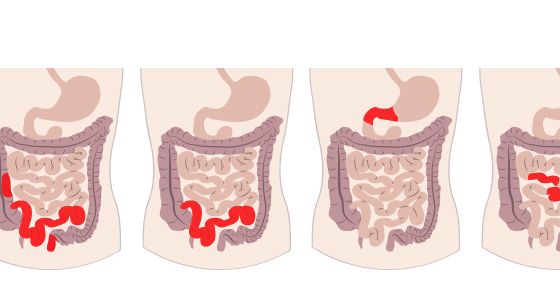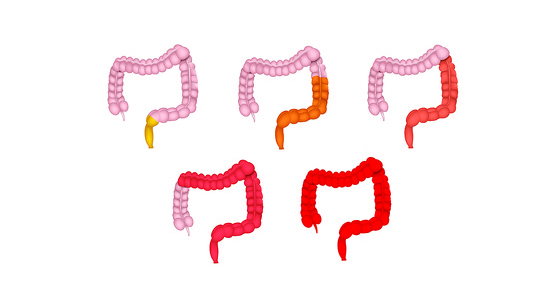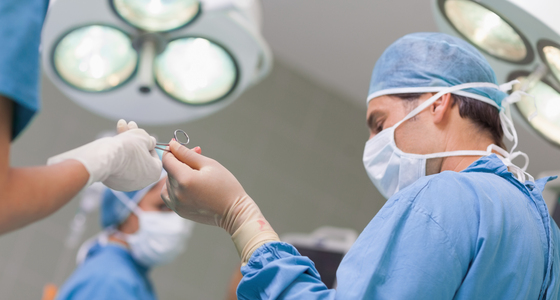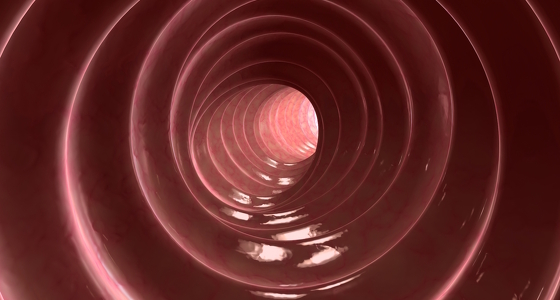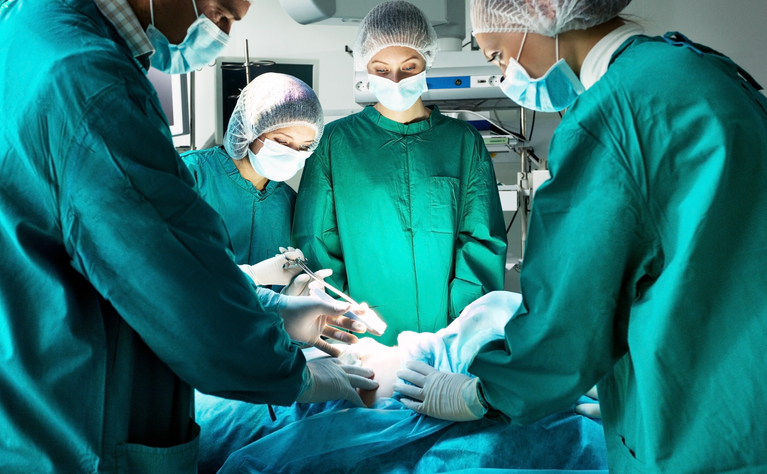
Abscesses are developed more commonly in Crohn’s disease but people with ulcerative colitis can also develop them. In open abscess drainage the surgeon cuts into the area where the abscess is located to drain them.
Abscesses are a common complication of Crohn’s disease and around 10-30% of people with the condition will spontaneously develop an abscess. They can also occur as a post-operative complication.
An abscess is an area that fills with pus and becomes red, swollen and painful. In people with Crohn’s disease they are most often found in the abdomen or the anal and rectal areas. Crypt abscesses can form in the colon in ulcerative colitis.
Abscesses can often develop into fistula. This is more common in Crohn's disease.
As they can be painful surgery is used to get rid of an abscess. Open surgery is needed if the abscess cannot be safely reached using a needle through the skin (percutaneous abscess drainage).
For open drainage surgery you will be admitted to hospital and put under general anaesthesia. The surgeon will then cut into the abdomen in the area where the abscess is sited. The size of the cut will depend on whether they are doing the surgery through an open (laparotomy) or keyhole (laparoscopy) method.
Once they have located the abscess they will clean and drain the abscess. They will then insert a drain into the abscess which will remain in place until it gets better.
After the surgery you may have to remain in hospital for a few days.
